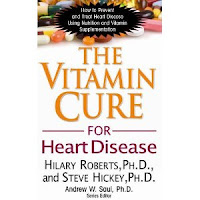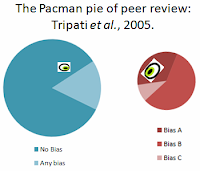Happy that medical science is entering the new age; a little slowly perhaps, but I can appreciate the evolution. New recommendations from the American Cancer Society stress healthy lifestyle behaviors, not just as a preventative to cancer, but also as a way to boost survival for those that currently have cancer. Bravo, ACS—welcome to the amazing world of human self-healing.
According to the Powers That Be, healthy lifestyle behaviors—like the ones I discuss in detail in my book, The Six Keys to Optimal Health—could keep cancer from recurring, or can prevent cancer survivors from getting a new type of cancer. Yes! So healthy diet, exercise, and keeping the weight under control go a long way in enhancing and preserving health. Nice…
“The last time we published recommendations for survivors in 2006, we didn’t feel there was enough evidence to say clearly that watching your weight, being active and eating a healthy diet can reduce risk of recurrence,” said Doyle, a co-author of the guidelines. “Since that time, 100 studies have looked at the impact of weight, diet or a combination of those things, and those studies have clearly formed a foundation for us being able to make these very solid recommendations that adopting a healthy lifestyle is one of the most important things cancer survivors can do for themselves.”
That’s wonderful…don’t you just love seeing natural selection right up close and personal?
But the guidelines still warn of supplementation. Say the elders of the tribe:
 |
| De-Evolution Anyone? |
No evidence shows that supplements benefit cancer survivors, and there is some evidence that certain supplements may cause harm.
Well, they can’t get it all right too soon…that wouldn’t follow the principles of evolution being a time process. Let’s face it, though: the silly studies currently done on vitamin supplementation try to answer questions from a pharmaceutical frame of reference, like how vitamins might cure disease.
But the principles of self-healing to those of disease-curing are like comparing apples to colostomy bags—both edible but really depends on one’s tastes.
Applause to the machine, nonetheless; healthy behaviors do very much more than prevent disease—they give life. An incredibly profound concept that medical science has yet to grasp…let alone study.














